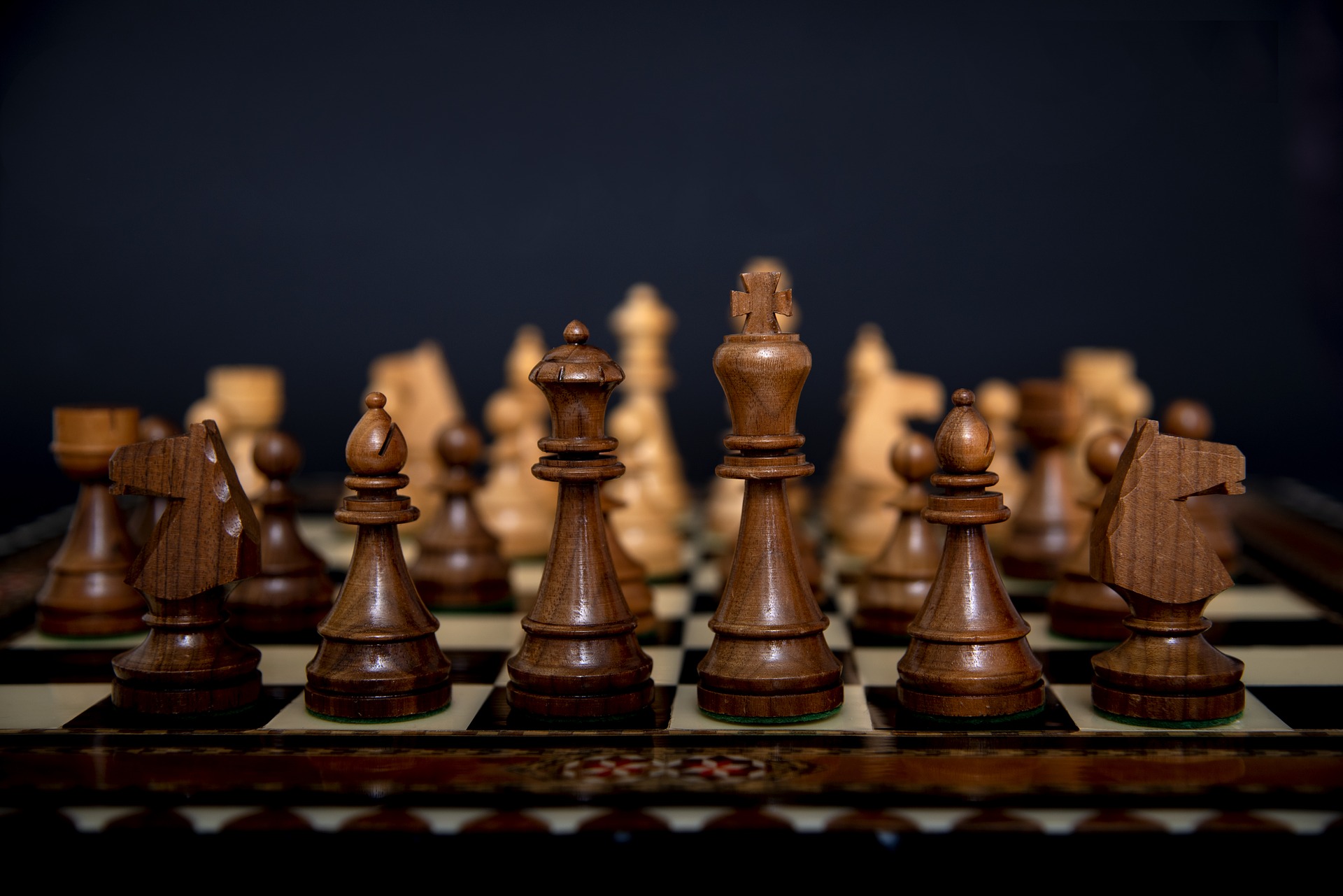Chess, often referred to as the “game of kings,” has a rich history that spans centuries and cultures. Its origins are shrouded in mystery, but its evolution and global impact are undeniable. Let’s embark on a journey through time to uncover the fascinating history and origins of this strategic masterpiece.
Early Beginnings:
The true origin of chess remains a subject of debate among historians and scholars. The game’s roots can be traced back to ancient India, where it was known as “chaturanga.” Chaturanga, which translates to “four divisions of the military,” represented four elements of an army: infantry, cavalry, elephants, and chariots. The game was played on an 8×8 grid, much like modern chess, and involved moving different pieces across the board strategically.
Spread and Evolution:
Chaturanga eventually spread to Persia, where it evolved into “shatranj” around the 6th century. The game gained popularity in the Islamic world and reached the Byzantine Empire, becoming a prominent pastime in the medieval Arab world and Europe. Shatranj retained the basic principles of chaturanga but underwent certain modifications, including changes in piece movement and board layout.
Transformation into Modern Chess:
The game underwent a significant transformation during the Middle Ages, culminating in the version of chess that is recognizable today. This evolution included the introduction of powerful pieces like the queen and the establishment of rules that made the game faster-paced and more dynamic.
By the 15th century, chess was well-established across Europe and Asia, with different cultures adopting their own variations and interpretations. It was during this time that the game started to be associated with nobility and intellect, earning its moniker as the “game of kings.”
Chess in Modern Times:
With the advent of printing, chess rules became standardized and began to spread even further. Tournaments and organized play emerged in the 19th century, solidifying chess’s status as a competitive sport. The World Chess Championship, first held in 1886, became the ultimate battleground for the world’s best players.
In the modern era, chess has transcended borders and cultures. It has been embraced as a tool for education, cognitive development, and strategic thinking. The rise of digital technology has enabled players from around the world to compete online, fostering a global community of chess enthusiasts.
Conclusion:
Chess, with its ancient origins and complex evolution, stands as a testament to the enduring power of human intellect and creativity. From its humble beginnings in ancient India to its current status as a globally cherished game, chess has evolved, adapted, and inspired countless minds throughout history. Its origins may be shrouded in mystery, but its impact on culture, strategy, and human interaction is unmistakable. As we continue to play and celebrate this remarkable game, we honor the traditions of the past while shaping its future.

